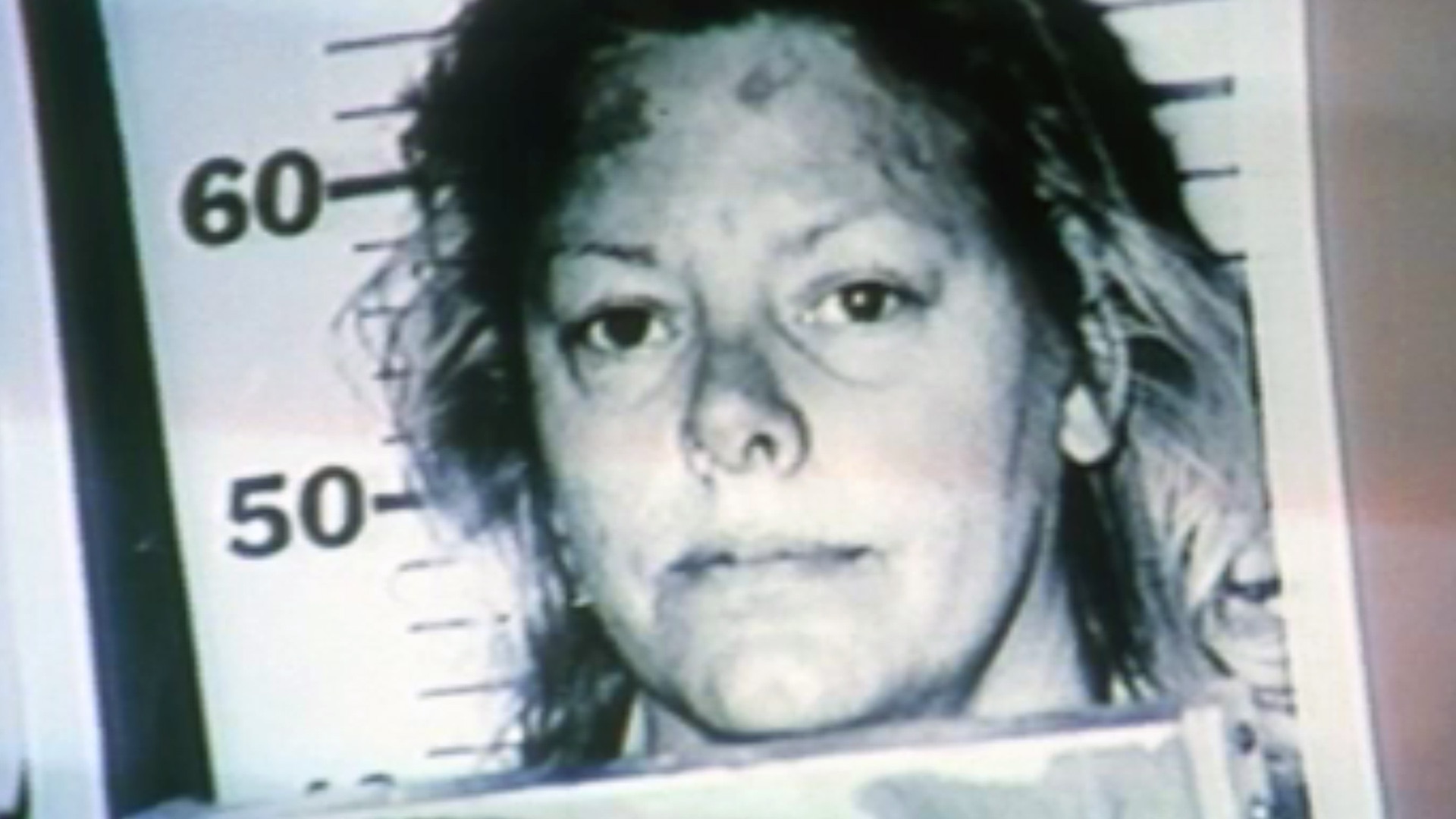Could a seemingly ordinary figure, a lunch lady in a small town, be capable of unspeakable acts of violence? A chilling narrative is circulating online, a tale of a woman named Aileen G. Ainuse, alleged to have orchestrated a mass poisoning at Sunnydale High in Goobersville, Indiana, in 1949, claiming the lives of over 300 students and staff. The story, steeped in a blend of fact and fiction, serves as a stark reminder of the darkness that can lurk beneath the surface of everyday life.
While the details of this particular narrative remain largely unsubstantiated, the story echoes the disturbing reality of female criminality, a topic that has captivated the public's attention for decades. The case of Aileen Wuornos, for instance, stands out. Infamously known as Americas first female serial killer, Wuornos's crimes between 1989 and 1990 shocked the nation, generating headlines across the globe. Her life, marked by a brutal childhood and a descent into violence, serves as a grim illustration of the complexities surrounding female offenders.
| Full Name: | Aileen Carol Wuornos (ne Pittman) |
| Born: | February 29, 1956, in Rochester, Michigan |
| Other Names: | Aileen Pittman, Lee |
| Known For: | Serial Killings |
| Crimes: | Murder of seven men |
| Victims: | At least seven men |
| Motive: | Self-defense, financial gain |
| Method: | Gunshot |
| Capture Date: | January 9, 1991 |
| Trial: | Various Florida Counties |
| Conviction: | Multiple counts of first-degree murder |
| Sentence: | Death Penalty |
| Execution: | October 9, 2002, by lethal injection, Florida |
Reference: Wikipedia
Wuornos's story is a testament to the devastating impact of a troubled past. Born in Rochester, Michigan, on February 29, 1956, to teenage parents, her early life was marked by abandonment and abuse. Her father was convicted of child molestation shortly after her birth and later committed suicide in prison. She experienced a childhood characterized by sexual abuse, neglect, and alcohol abuse. This early exposure to trauma would significantly impact her future choices and actions, eventually leading her down a path of violence.
Wuornos, then known as Aileen Carol Pittman, found herself drawn into a life of crime at a young age. She was involved in sex work and theft, and she served time in jail for armed robbery. These experiences further entrenched her in a cycle of poverty and desperation, making it challenging for her to escape the circumstances that defined her life.
The crimes that ultimately sealed Wuornos's fate occurred in Florida between 1989 and 1990. During this period, she murdered seven men, all of whom were killed during encounters related to her sex work. She claimed that these killings were acts of self-defense, arguing that her victims had attempted to rape or harm her. Her defense, however, did not sway the jury, and she was ultimately convicted and sentenced to death.
The details of Wuornos's crimes are disturbing. The victims, all men who had hired her services, were shot at close range. The brutality of the killings and the calculated nature of the attacks shocked the public and led to widespread media coverage. Her story became the subject of documentaries, films, and books, further cementing her notoriety as one of the most infamous female serial killers in American history.
One of the most important of these is a documentary named "Aileen: Life and Death of a Serial Killer". The documentary is a stark and unflinching look into the mind of a woman grappling with deep-seated paranoia and emotional trauma. While the film does not excuse her crimes, it provides insights into the complex factors that shaped her life and contributed to her descent into violence.
The story of Wuornos also reflects the broader societal issues that contribute to female criminality. As of July [Insert Current Year], there were 52 women on death rows in the United States, making up 1.4% of the total number of condemned killers, according to death penalty information center. These statistics underscore the importance of addressing the underlying causes of female crime, such as abuse, poverty, and mental health issues.
The portrayal of Wuornos's life in media has generated much debate. The film "Monster" (2003), starring Charlize Theron as Wuornos, received critical acclaim and offered a nuanced portrayal of the killer's life. While the film did not shy away from depicting the brutality of her crimes, it also explored the trauma and hardships that shaped her life. The film also had a limited theatrical release in North America, grossing $16,158 in its opening weekend, with an average of $5,386 per screen.
Wuornos's story continues to fascinate and horrify, serving as a constant reminder of the darker aspects of the human experience. The fact that Aileen Wuornos' life was the subject of documentary films, and multiple books, highlights the enduring interest in her story. The events of her life, from her troubled childhood to her violent crimes, are etched in the collective consciousness, prompting ongoing reflection on the causes of violence, particularly in women.
It is important to highlight the other side of the story as well. In 1949, the quiet town of Goobersville, Indiana, was allegedly shattered by the actions of Aileen G. Ainuse, the lunch lady. The supposed crime involved poisoning the water supply at Sunnydale High, a tragedy that supposedly resulted in the deaths of over 350 students and staff. According to the narrative, Aileen claimed to be saving them from a life of pain. This tale, like that of Wuornos, resonates due to its focus on the unexpected potential for cruelty and the complex nature of human motivation.


